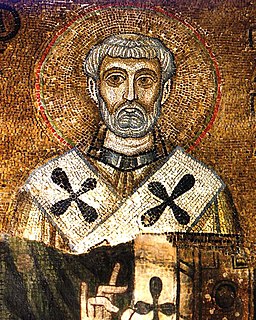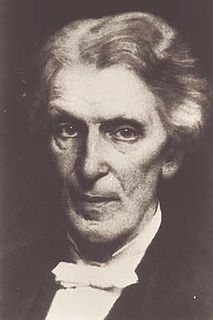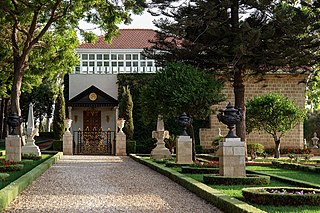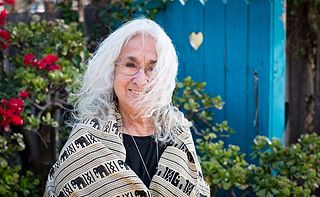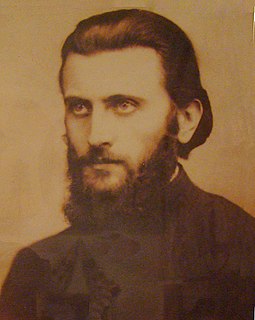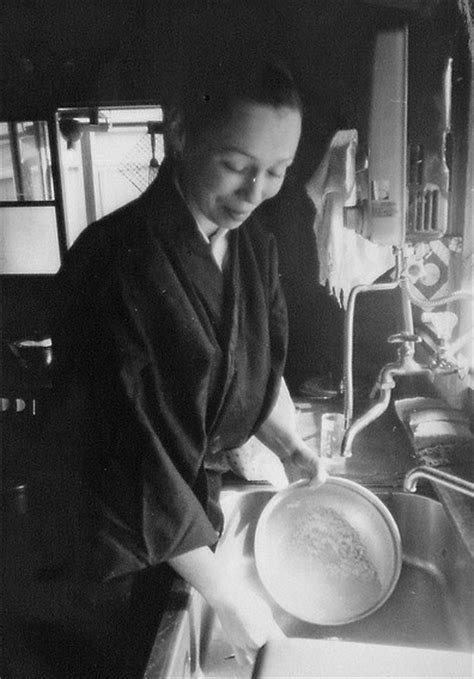A Quote by John of Damascus
...we shall incur no slight injury, but rather great danger, if we rashly yield ourselves to the inclinations of men who aim at exciting strife and tumults, so as to draw us away from what is good? Let us cleave, therefore, to those who cultivate peace with godliness?
Related Quotes
To Him let us but cleave in all ouv strife; and the Tempte1 will flee; the wilderness will be desolate no more; angels will come and minister unto us; and when we pass from them to the ministry of life, be it to the glory of a transfiguration, the sorrows of a Gethsemane, or the sacrifice of the cross, the tran- quilizing peace of God will never be far from us.
We are not saints yet, but we, too, should beware. Uprightness and virtue do have their rewards, in self-respect and in respect from others, and it is easy to find ourselves aiming for the result rather than the cause. Let us aim for joy, rather than respectability. Let us make fools of ourselves from time to time, and thus see ourselves, for a moment, as the all-wise God sees us.
God is dead. God remains dead. And we have killed him. How shall we comfort ourselves, the murderers of all murderers? What was holiest and mightiest of all that the world has yet owned has bled to death under our knives: who will wipe this blood off us? What water is there for us to clean ourselves? What festivals of atonement, what sacred games shall we have to invent? Is not the greatness of this deed too great for us? Must we ourselves not become gods simply to appear worthy of it?
Peace should be a hallmark of the godly person, first because it is a Godlike trait: God is called the God of peace several times in the New Testament. He took the initiative to establish peace with rebellious men, and He is the author of both personal peace as well as peace among men. Peace should be part of our character also because God has promised us His peace, because He has commanded us to let peace rule in our lives and relationships, and because peace is a fruit of the Spirit and therefore an evidence of His working in our lives.
Voices of the glorified urge us onward. They who have passed from the semblances of time to the realities of eternity call upon us to advance. The rest that awaits us invites us forward. We do not pine for our rest before God wills it. We long for no inglorious rest. We are thankful rather for the invaluable training of difficulty, the loving discipline of danger and strife. Yet in the midst of it all the prospect of rest invites us heavenward. Through all, and above all, God cries, "Go forward!" "Come up higher!
We must be careful not to choose, but to let God's Holy Spirit manage our lives; not to smooth down and explain away, but to stir up the gift and allow God's Spirit to disturb us and disturb us and disturb us until we yield and yield and yield and the possibility in God's mind for us becomes an established fact in our lives, with the rivers in evidence meeting the need of a dying world.
Time will pass, and we shall go away for ever, and we shall be forgotten, our faces will be forgotten, our voices, and how many there were of us; but our sufferings will pass into joy for those who will live after us, happiness and peace will be established upon earth, and they will remember kindly and bless those who have lived before.

